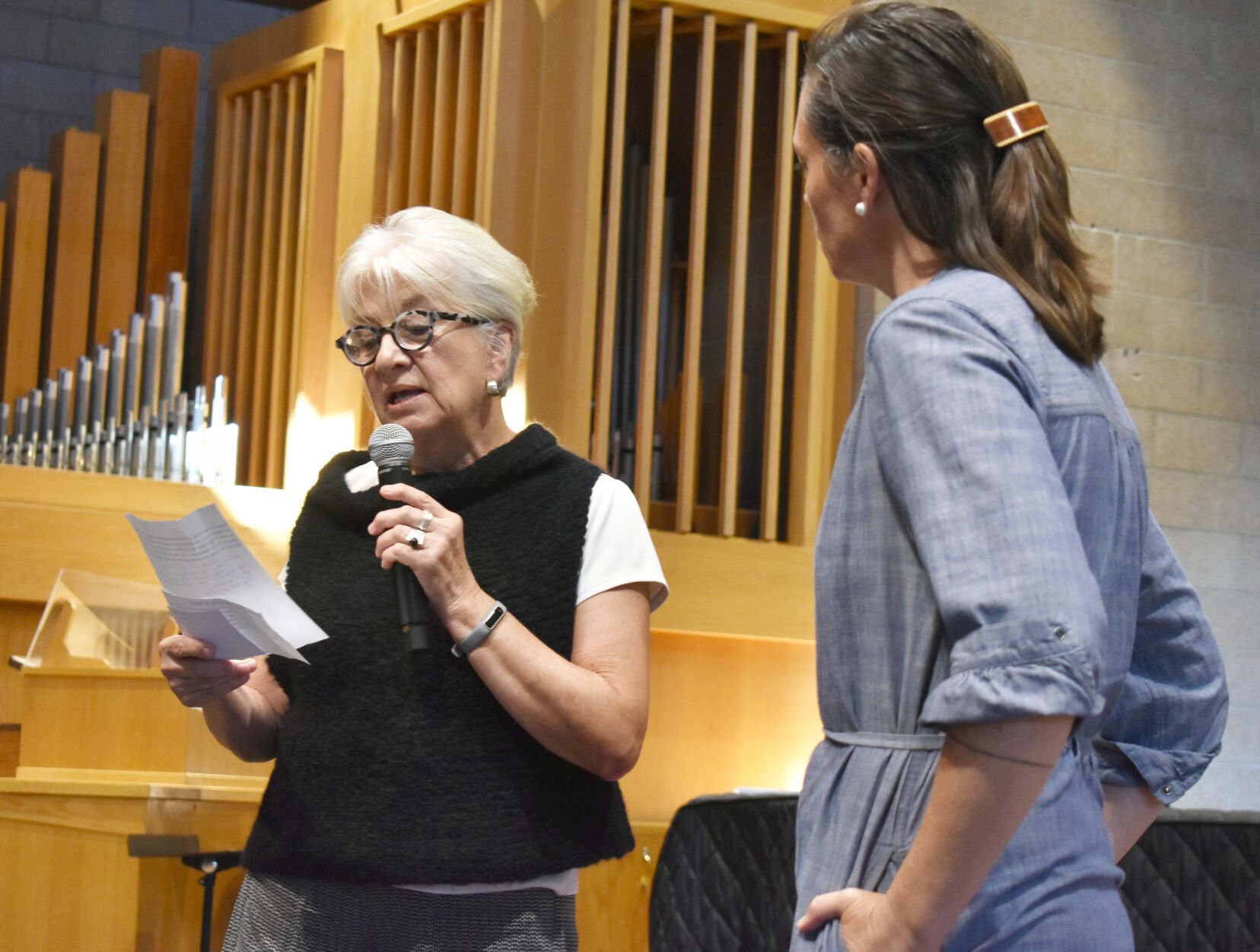In a small-town forum on September 24, Minnesota State Rep. Kristi Pursell discussed pressing concerns like food access, diversity, and equity. She also addressed Minnesota’s stance on specific Trump Administration policies, underscoring the role of rural perspectives in shaping statewide politics.
Pursell, the only remaining rural DFLer in Minnesota, talks DEI

Key Takeaways:
- Pursell stands as the only rural DFL representative in Minnesota.
- She hosted a forum on September 24 to connect with local constituents.
- Food access, diversity, and equity emerged as primary concerns.
- Minnesota’s opposition to certain Trump Administration policies was also discussed.
- The event emphasized local voices and grassroots political engagement.
Why Rural Representation Matters
Minnesota state Rep. Kristi Pursell, a Democrat-Farmer-Labor legislator from Northfield, holds the distinction of being the only remaining rural DFLer in the state. Her rare position underscores the shifting dynamics within Minnesota’s political landscape, particularly regarding how rural communities engage with statewide policies and party platforms.
A Forum for Local Voices
On September 24, Pursell fielded questions from local residents eager to learn more about her priorities. The gathering allowed constituents to voice concerns over pressing issues that directly impact their communities. Attendees appreciated the unique opportunity to share experiences and policy suggestions they felt might otherwise go unheard.
Addressing Food Access and Equity
A central topic of discussion was food access—an issue with real consequences for rural families and farmers across Minnesota. Pursell linked the conversation to broader themes of diversity, equity, and inclusion in policymaking, highlighting how ensuring fair access to resources can help bridge economic, geographical, and cultural divides.
Minnesota’s Stance on Federal Policies
During the forum, Pursell also spoke about the state’s opposition to certain Trump Administration policies. Although no specific measures were outlined at length, the conversation signaled Minnesota’s determination to advocate for policies that resonated with both urban and rural constituencies. Pursell illustrated how local concerns can influence larger debates at the state capitol.
Community-Centered Solutions
Ultimately, the forum underlined the importance of direct engagement between elected officials and the residents they serve. By taking questions and encouraging open dialogue, Pursell showcased her commitment to community-based approaches. As Minnesota grapples with ongoing political challenges, her voice represents a rural perspective that strives to keep equity and inclusion at the forefront of state policy discussions.











